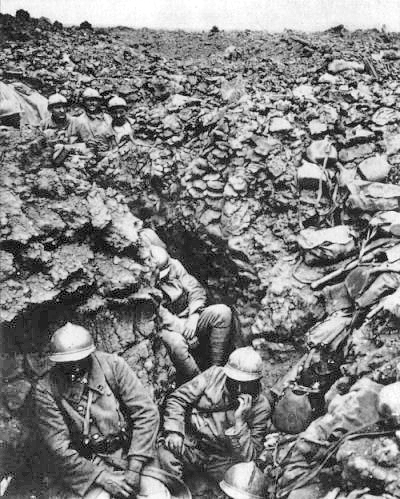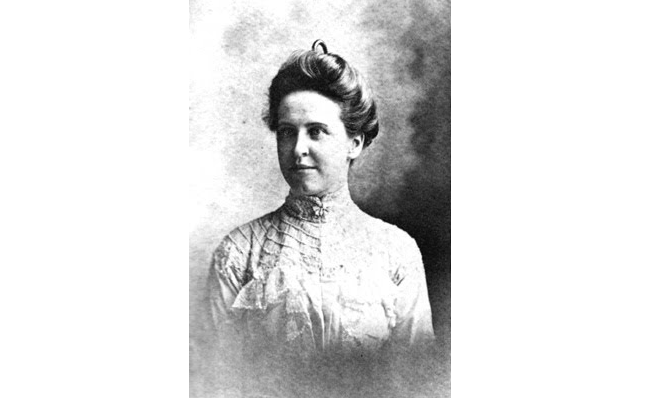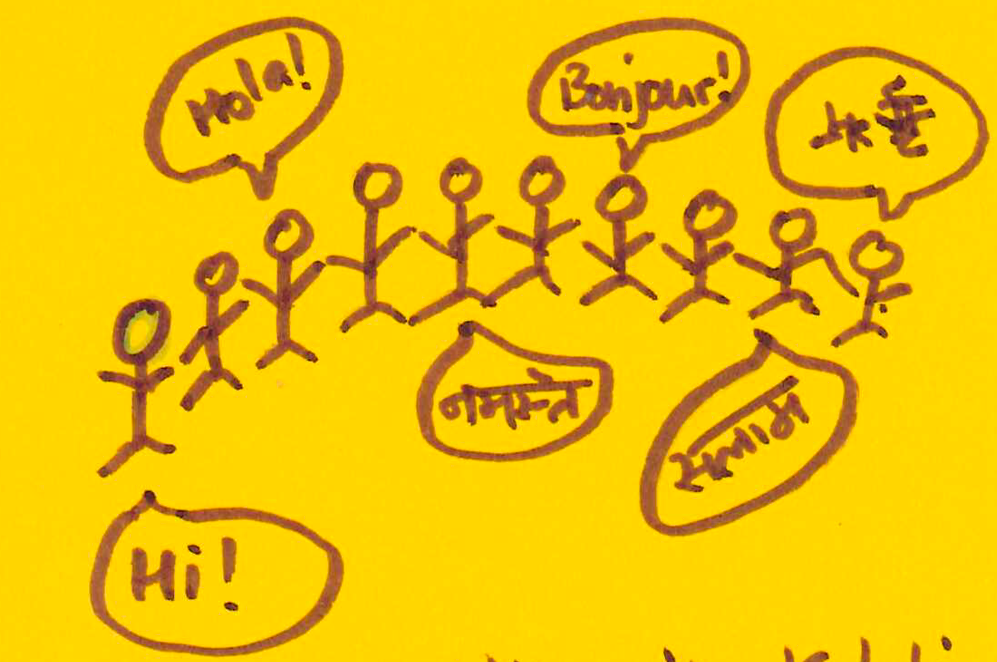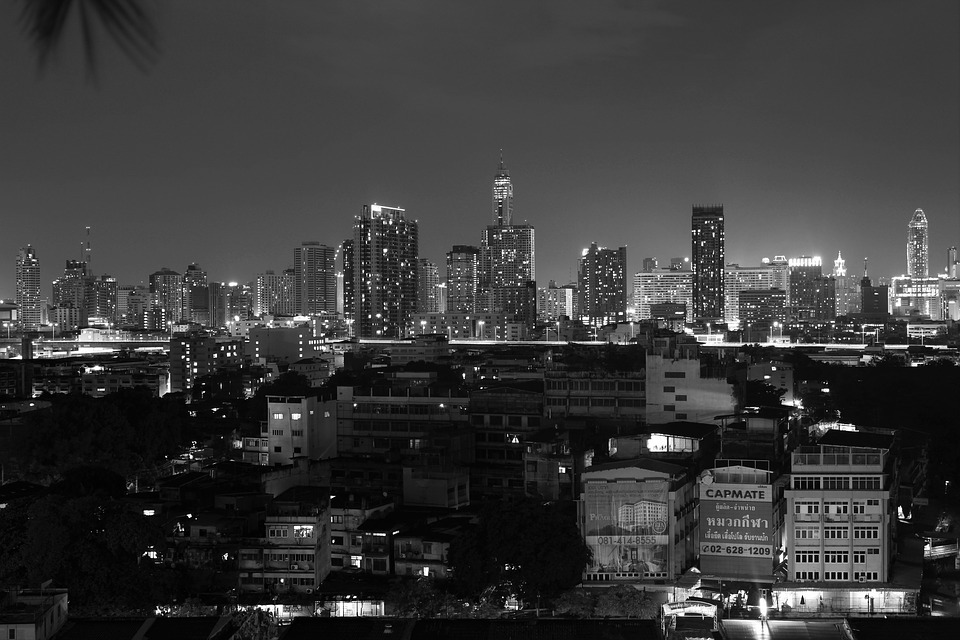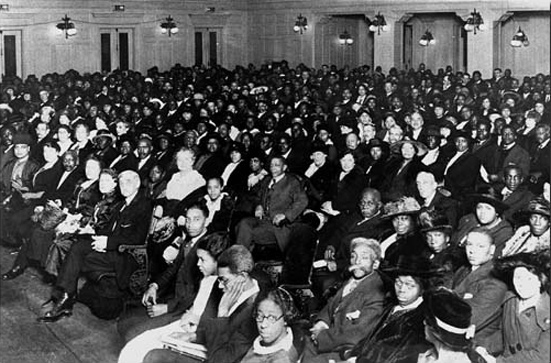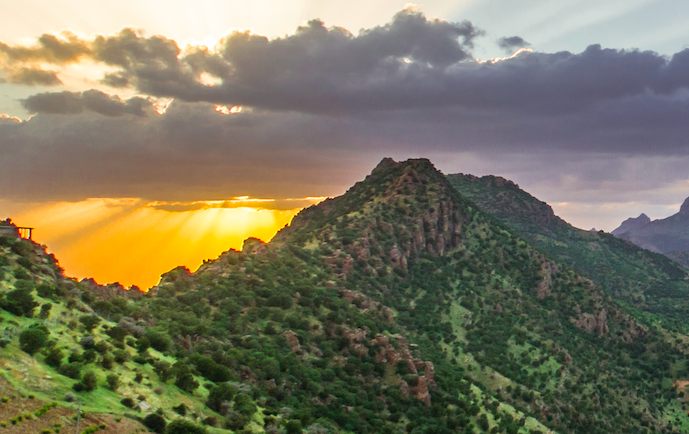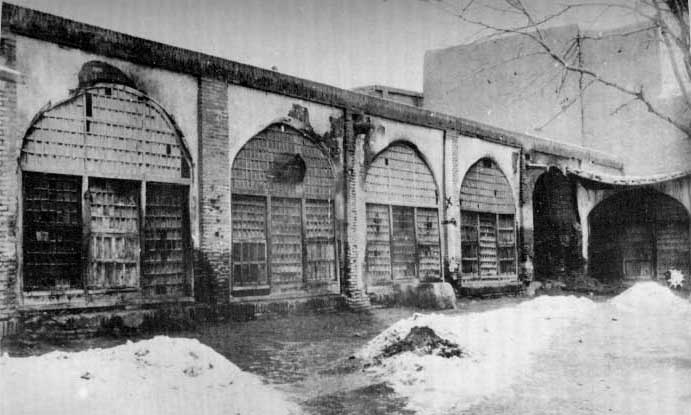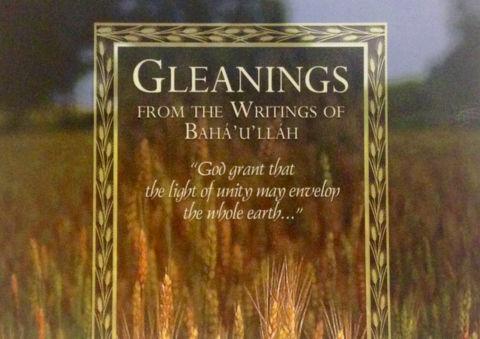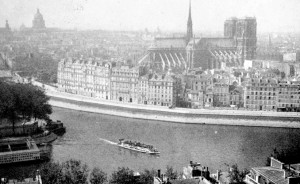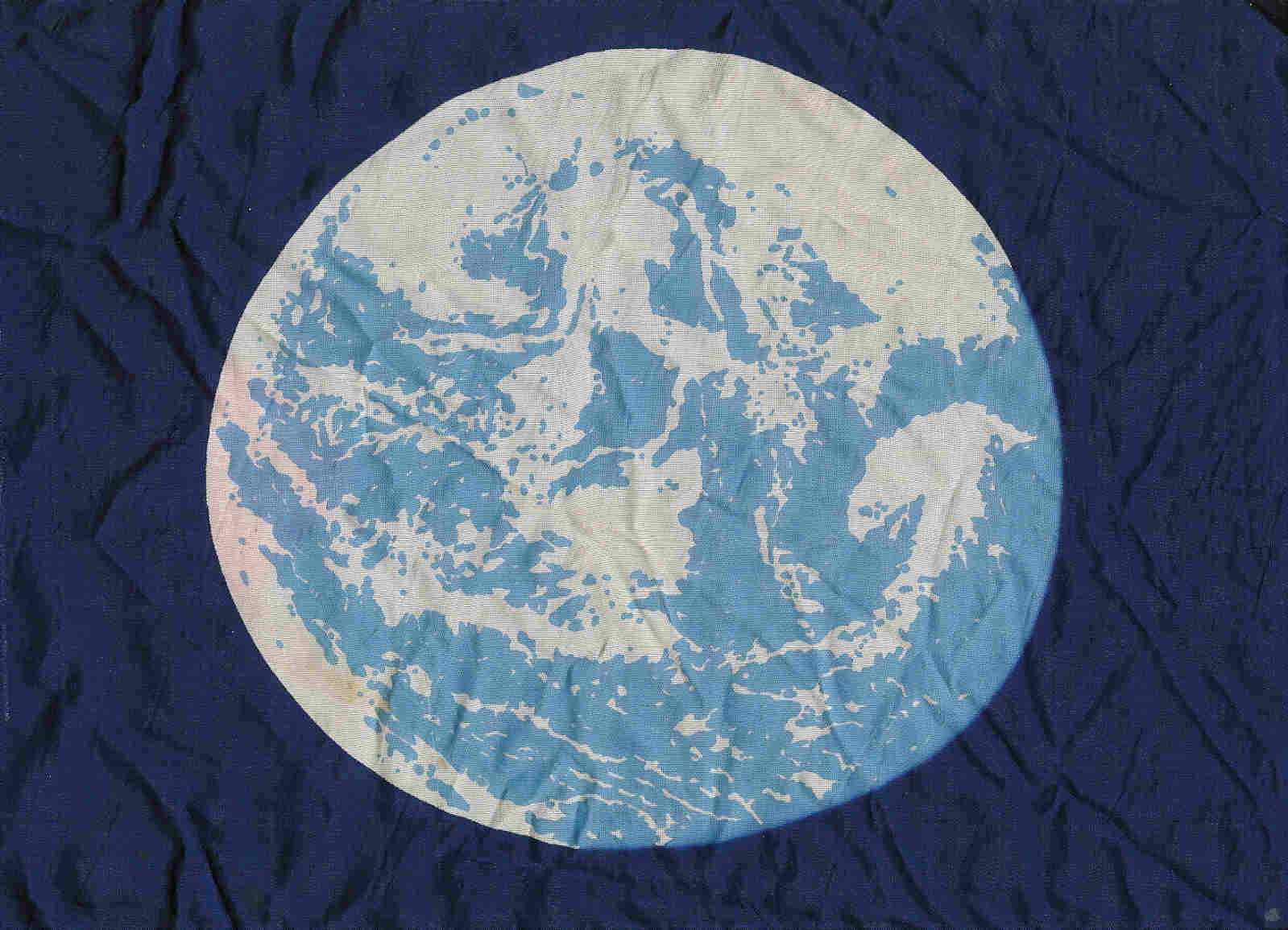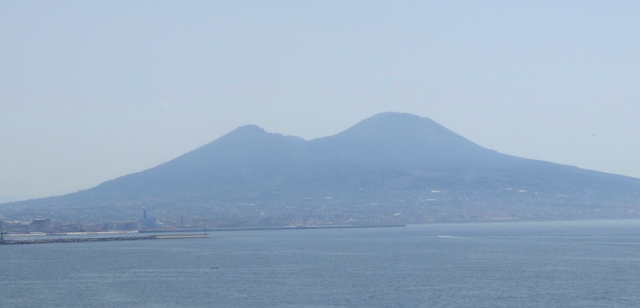-
Waging Peace in the Midst of War
As we have already seen, during World War 1 Abdu’l Baha wrote a series of letters to the Baha’is of North America. While the world was waging war, Abdu’l Baha was waging peace. This is the first of a series of articles with the aim of placing these letters in the context of events occurring in the war about the time the letters were being written. The letters could not be delivered until after the war. 26 March 1916 On this day allied delegates were arriving in Paris for an allied conference. The French government, which had convened the meeting, wished to ensure that no government would separately conclude peace…
-
We are One – Overcoming Racism: Part 2
As introduced in yesterday’s article, racism is entirely incompatible with Bahá’u’lláh’s teachings. Close your eyes to racial differences, and welcome all with the light of oneness.[1] As Westerners began to join the Baha’i Faith early in the 1900s, it was clear that racism would need to be addressed, and ‘Abdu’l-Bahá, Bahá’u’lláh’s eldest son, set out to do so. Indeed ‘Abdu’l-Bahá began this work from the earliest visits of Western pilgrims who came to see him in the early 1900s to learn about Bahá’u’lláh’s teachings. In 1911 he invited Louis Gregory, an African American lawyer, to visit him. The pilgrimage not only had a profoundly transformative spiritual impact on Gregory but provided opportunities for ‘Abdu’l-Bahá to stress…
-
The Duty of Kindness and Sympathy Towards Strangers and Foreigners
It is hardest to write of those things about which we feel most deeply. Today I wish to write about someone whose words and life have profoundly influenced and inspired me. That person is Abdu’l Baha: the son of the founder of the Baha’i Faith and its leader from 1892 to 1921. I wish to address particularly what Abdu’l Baha had to say about the issue of ‘foreignness’. One hundred years ago, on 16 and 17 October 1911, he gave his first recorded talk to the people of Paris. The theme of his talk was “the duty of kindness and sympathy towards strangers and foreigners”. What did Abdu’l Baha see…
